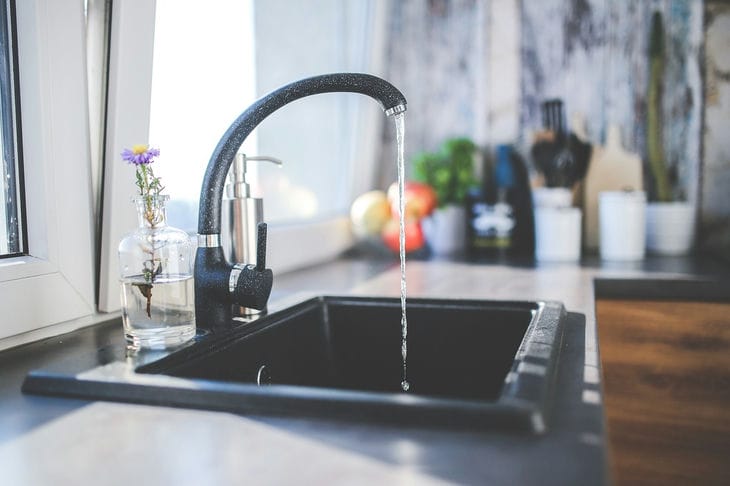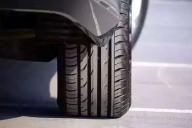Housewives use an iron kitchen sponge to clean dishes from carbon deposits. However, few people know that it can be used for other purposes.
We suggest you find out in more detail where else you can use an iron sponge.
For cleaning vegetables
You can peel any vegetables with a metal sponge. It will peel quickly without leaving a lot of scraps. However, it is better to use a hard sponge for this.
For cleaning carbon deposits from dishes
On the burnt bottom of any dish, pour 2 teaspoons of salt and citric acid, add a little detergent and water.
All ingredients should be thoroughly mixed until a homogeneous mixture is obtained, spread it over the entire surface of the carbon deposit and let it stand for 15-20 minutes. After the specified time, it is worth rubbing the carbon deposit lightly with a metal sponge and you can wash it off with clean water.

For cleaning fish
To easily clean any fish from scales, you should use a hard metal sponge.
For cleaning rust
A metal sponge will help you deal with rust. To do this, apply citric acid or a special rust remover to the contaminated area, let it sit for 15-20 minutes, and then thoroughly clean it with a metal sponge.
For cleaning long vases or other complex shapes
There are items that are quite difficult to clean in the usual way. Therefore, a metal sponge will come in handy, which can clean hard-to-reach places.
To do this, cut the sponge into small pieces and push them into a container contaminated with rust. Then add a little water, 1 teaspoon of citric acid, a couple of drops of detergent, mix thoroughly and leave for ten minutes.
After this, the vase must be shaken so that the metal pieces are thoroughly rubbed along the bottom. Such actions should be repeated periodically for 2-3 hours until the bottom of the container is completely cleaned of rust.
The use of soap ends in everyday life was previously reported.









